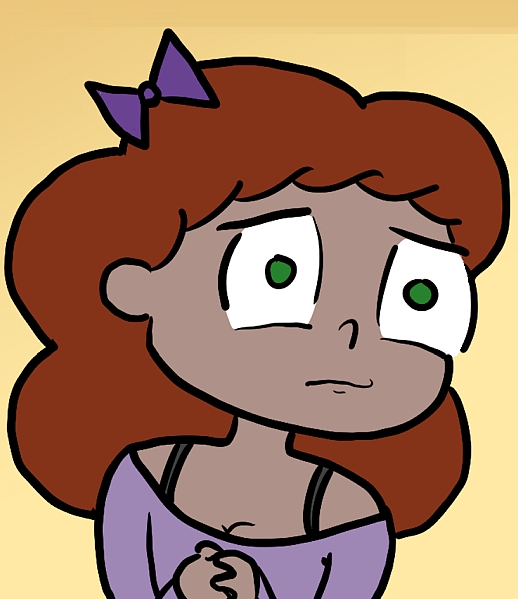- Welcome to Cook'd and Bomb'd.
-
 Is this shit?
by Humper
Is this shit?
by Humper
[Today at 12:23:19 PM] -
 Trans Mania: Graham Linehan...
by g0m
Trans Mania: Graham Linehan...
by g0m
[Today at 12:23:18 PM] -
 The Captain Tom grift continues...
by Uncle TechTip
The Captain Tom grift continues...
by Uncle TechTip
[Today at 12:22:35 PM] -
 Favourite moviegoing experiences...
by dissolute ocelot
Favourite moviegoing experiences...
by dissolute ocelot
[Today at 12:20:34 PM] -
 youtube-dl on an old Mac broke...
by Bunty Levert
youtube-dl on an old Mac broke...
by Bunty Levert
[Today at 12:20:20 PM] -
 Fern Brady
by Twilkes
Fern Brady
by Twilkes
[Today at 12:19:59 PM] -
 Load of horses gone mental...
by famethrowa
Load of horses gone mental...
by famethrowa
[Today at 12:18:22 PM] -
 Little & Large Xmas special...
by The Bumlord
Little & Large Xmas special...
by The Bumlord
[Today at 12:15:29 PM] -
 The Travails of Labour - The...
by dissolute ocelot
The Travails of Labour - The...
by dissolute ocelot
[Today at 12:12:26 PM] -
 Don't
by madhair60
Don't
by madhair60
[Today at 12:10:56 PM]
Members
 Total Members: 17,827
Total Members: 17,827 Latest: skinnylike
Latest: skinnylike
Stats
 Total Posts: 5,583,622
Total Posts: 5,583,622 Total Topics: 106,746
Total Topics: 106,746 Online Today: 1,104
Online Today: 1,104 Online Ever: 3,311
Online Ever: 3,311- (July 08, 2021, 03:14:41 AM)
Users Online
 Users: 92
Users: 92 Guests: 778
Guests: 778 Total: 870
Total: 870 StooeyGK
StooeyGK g0m
g0m Led Souptin
Led Souptin Small Man Big Horse
Small Man Big Horse Dr M1nx PhD
Dr M1nx PhD Benga Zara
Benga Zara NattyDread 2
NattyDread 2 Uncle TechTip
Uncle TechTip Jittlebags
Jittlebags lankyguy95
lankyguy95 dissolute ocelot
dissolute ocelot KaraokeDragon
KaraokeDragon Ruben Remus
Ruben Remus Jimmy the Harp
Jimmy the Harp AliasTheCat
AliasTheCat What Doth Life?
What Doth Life? Nibbsy
Nibbsy Bunty Levert
Bunty Levert JaDanketies
JaDanketies Auntie Beryl
Auntie Beryl thr0b
thr0b George White
George White RHX
RHX Adey
Adey MojoJojo
MojoJojo Alberon
Alberon phatfill
phatfill Butchers Blind
Butchers Blind Pranet
Pranet JesusAndYourBush
JesusAndYourBush Twilkes
Twilkes Jack Shaftoe
Jack Shaftoe lebowskibukowski
lebowskibukowski Kelvin
Kelvin famethrowa
famethrowa cptpunk
cptpunk mr. logic
mr. logic Gob Shine Algorithm
Gob Shine Algorithm Tikwid
Tikwid Juan K Perros
Juan K Perros GMTV
GMTV Theotherside
Theotherside McDead
McDead poloniusmonk
poloniusmonk Keebleman
Keebleman Stoneage Dinosaurs
Stoneage Dinosaurs Mr Trumpet
Mr Trumpet Registering to lurk
Registering to lurk Lieutenant Longstay
Lieutenant Longstay Proactive
Proactive non capisco
non capisco batwings
batwings AllisonSays
AllisonSays matjam13
matjam13 ZoyzaSorris
ZoyzaSorris SteveDave
SteveDave Ted-Maul
Ted-Maul Evil Knevil
Evil Knevil Hank the Rapper
Hank the Rapper seepage
seepage phes
phes Senior Baiano
Senior Baiano Kankurette
Kankurette greenman
greenman Old Thrashbarg
Old Thrashbarg Gethin Grave
Gethin Grave Blumf
Blumf persephone
persephone Snrub
SnrubCCTV is a good thing.
Started by fol de rol, March 19, 2008, 11:00:37 AM
Previous topic - Next topic
User actions

